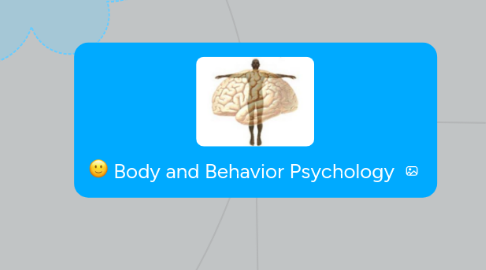
1. How do changes in our body's processes lead to changes in our behavior?
1.1. As our body's change by growth and environment, it leads to stress and behavioral effects.
1.1.1. For Ex:Mental- When you grow, you learn and gain new information, it affects your behavior differently.
1.2. Genetic changes can lead to a lot of things like stress and emotional behavior.
2. When examining the nature vs. nurture discussion, what ultimately shapes our behavior?
2.1. Nature vs. Nurture says that our behavior is determined by either genetics or what we learn.
2.1.1. Nativists - Height, weight, life expectancy, and vulnerability to specific illnesses are all examples of genetic influences that are believed to determine how we act later on in life.
2.1.2. Environmentalists - they believe that at birth, our minds are blank slates that will be filled as we mature and experience new things.
2.2. Ultimately it is believed that our behavior is shaped through parental socialization. Parents both directly and indirectly influence their children by providing the environment,
2.2.1. However, genetics may tend to influence these behaviors. For example, you may have a gene that tends to make you more stubborn.
2.2.1.1. Moreover, genetics relating to your gender may have an effect on how you act, due to different hormones your body produces
3. How do internal functions of the body affect behavior?
3.1. To obtain or avoid something
3.2. Internal functions of the body affect many things like the Nervous system.
3.2.1. The nervous system is like a network that relays messages to parts of the body.

